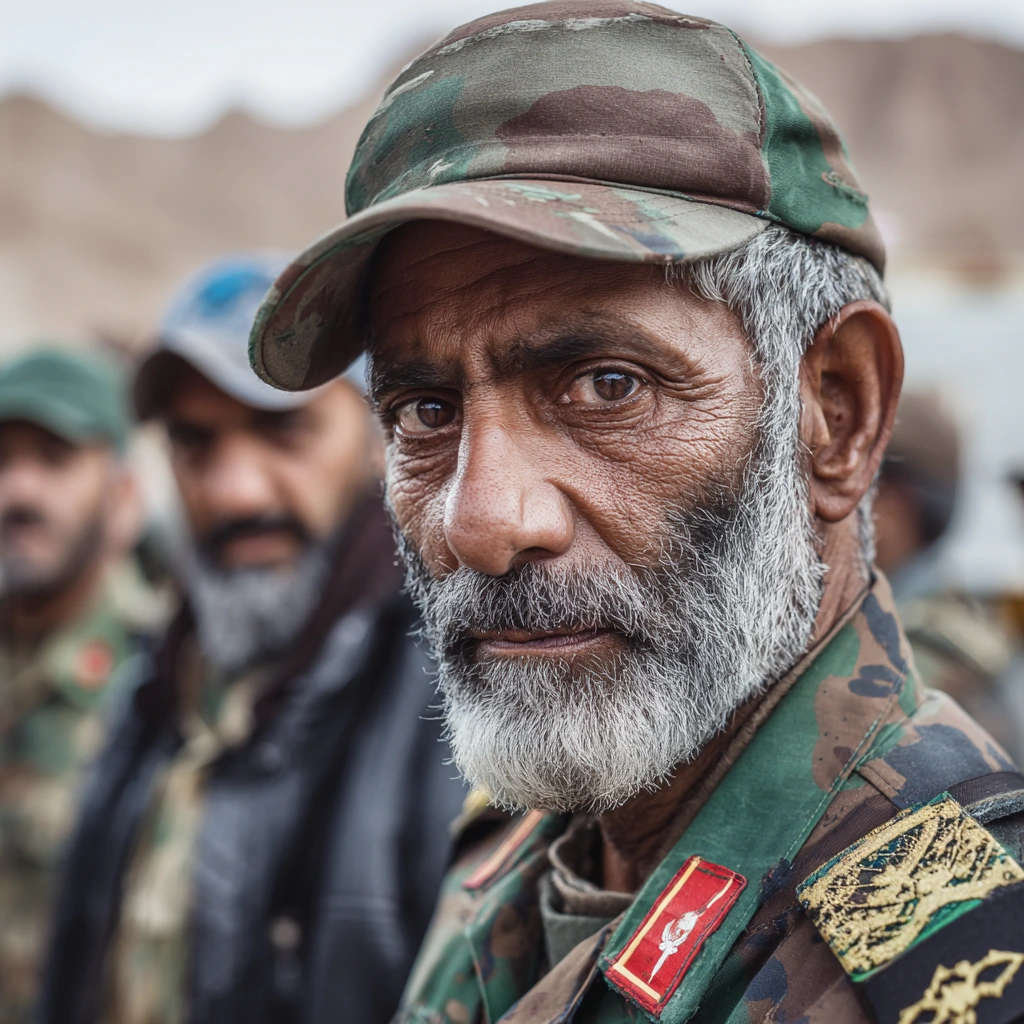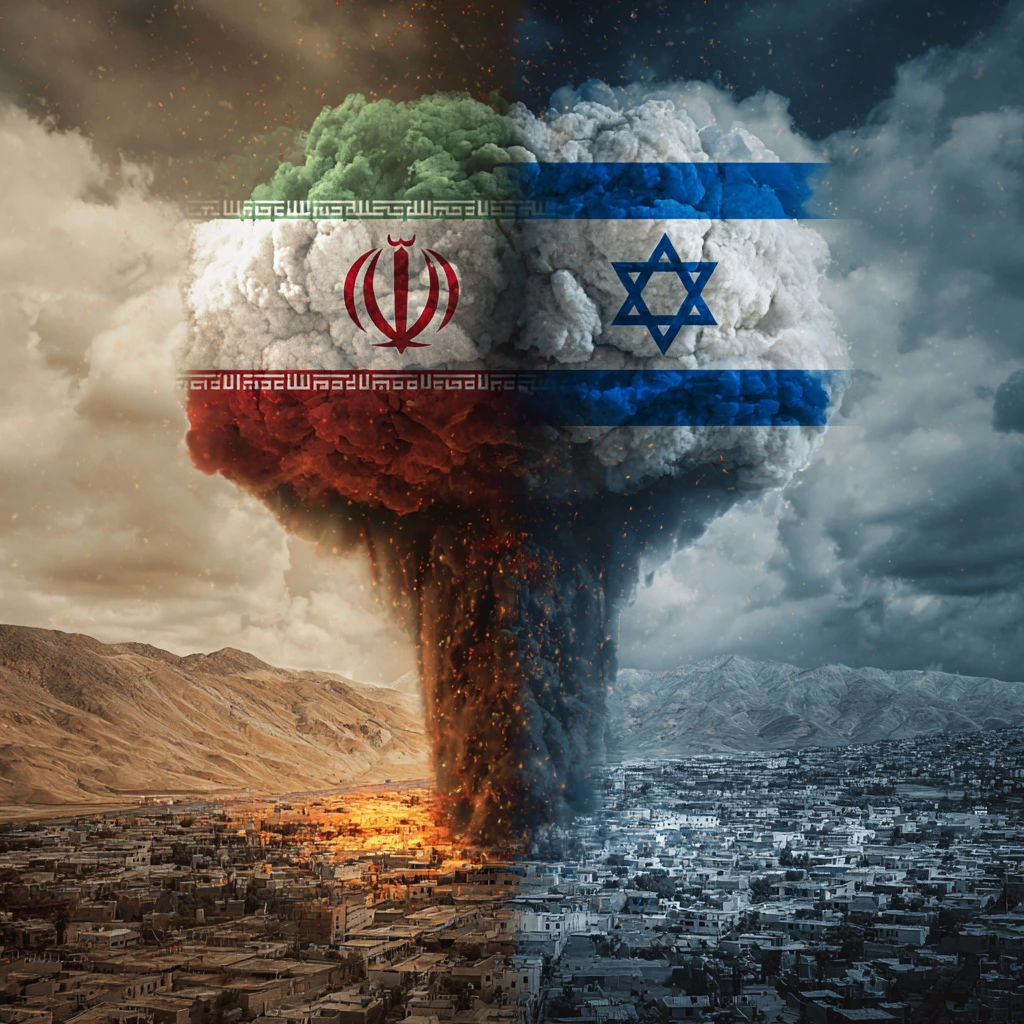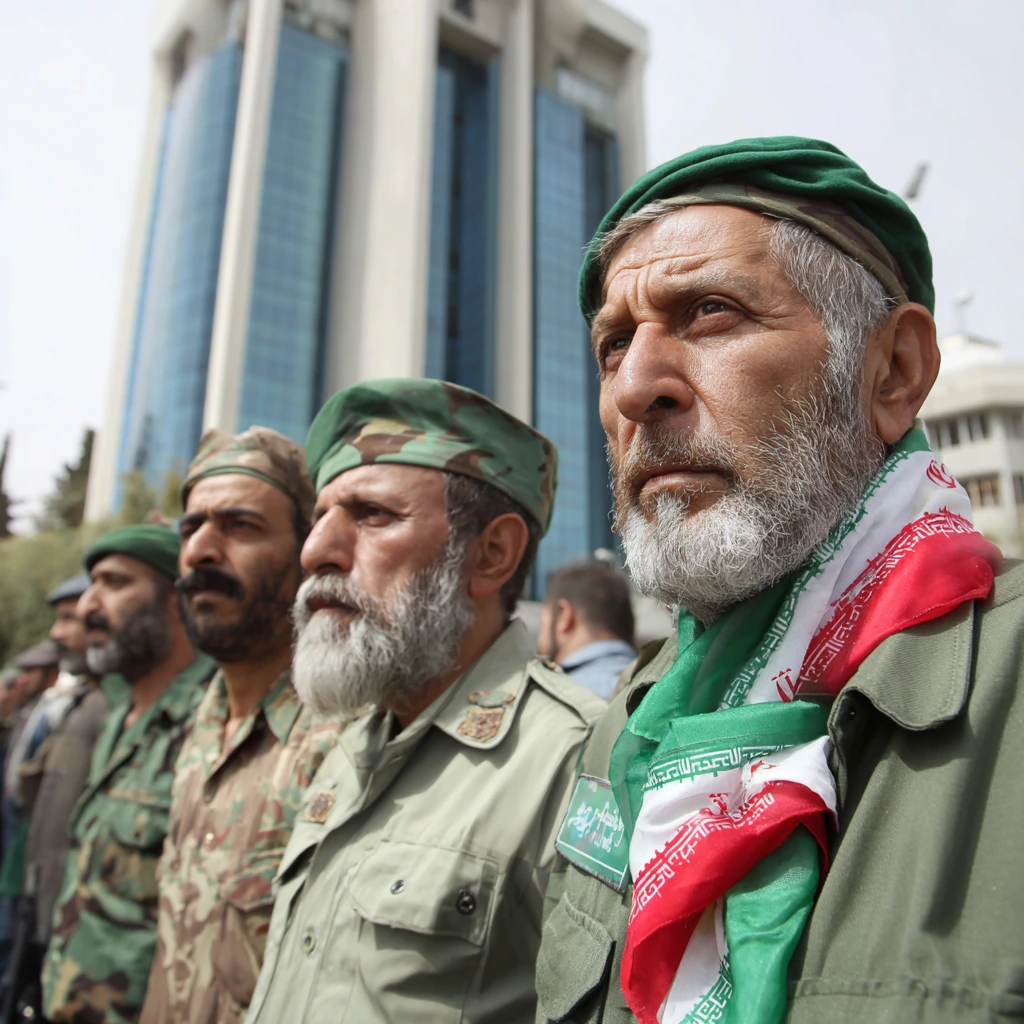The geopolitical landscape of the Middle East has once again been shaken as Iran’s Revolutionary Guard issued a strong message of defiance against the United States and Israel. This bold statement underscores Tehran’s determination to maintain its strategic policies despite mounting international pressure and sanctions. As tensions rise, analysts warn of potential ripple effects that could impact regional stability, global security, and international diplomacy. Understanding the motives and implications behind this declaration is crucial for anyone following Middle Eastern affairs.

Understanding the Revolutionary Guard’s Role
The Islamic Revolutionary Guard Corps (IRGC) is not merely a military organization; it is a cornerstone of Iran’s political, economic, and social structure. Established following the 1979 Iranian Revolution, the IRGC was tasked with defending the ideals of the new Islamic Republic and ensuring the survival of its ideological framework. Over the decades, it has grown into one of the most influential institutions in Iran, controlling significant portions of the economy, holding sway over domestic politics, and projecting military power abroad through its elite Quds Force.
The IRGC’s recent public defiance serves multiple purposes. Domestically, it reassures the Iranian population that the nation’s sovereignty is being vigorously defended. Internationally, it signals that Tehran remains unyielding, warning foreign powers that any attempts at coercion will be met with steadfast resistance.
The Statement Against the US and Israel
The IRGC’s declaration came in response to what it perceives as ongoing threats from the United States and Israel. In its statement, the Guard asserted that Iran will not retreat from its strategic objectives, including maintaining a robust military presence and continuing its regional influence. Analysts suggest that the timing and wording of the announcement are deliberate, aiming to project strength both to domestic audiences and to international actors.
This rhetoric is intertwined with concerns over Iran’s nuclear program, regional alliances, and military capabilities. The declaration also reflects Tehran’s broader strategy of deterrence, demonstrating that any attempts at intervention or aggression could provoke significant consequences.

Implications for Regional Stability
Iran’s defiance carries significant implications for Middle Eastern stability. Neighboring countries, including Saudi Arabia, the United Arab Emirates, and Iraq, are closely monitoring Tehran’s actions. Rising tensions could influence trade routes, particularly through the Persian Gulf, a critical passage for global oil supplies. Additionally, ongoing disputes could exacerbate existing conflicts, particularly in Syria, Lebanon, and Yemen, where Iran maintains strategic influence through allied groups and militias.
Analysts warn that if diplomacy fails, military escalation cannot be ruled out. Even minor provocations in the region could trigger broader confrontations, potentially drawing multiple nations into a complex and dangerous conflict.
Global Response and Future Outlook
Although the United States and Israel have yet to publicly respond to this statement, global leaders are watching developments closely. The IRGC’s declaration underscores the fragile balance of power in the Middle East, highlighting the challenges faced by diplomats and policymakers in preventing escalation.
Experts believe that the coming months will be critical. The situation could either remain rhetorical, serving as a show of strength by Tehran, or escalate into a more tangible confrontation. International observers emphasize the importance of multilateral engagement, diplomatic negotiation, and strategic patience to mitigate the risk of conflict.

Historical Context of Iran-US-Israel Relations
The tension between Iran, the United States, and Israel is rooted in decades of conflict, mistrust, and strategic rivalry. From the 1979 Iranian Revolution and the US embassy hostage crisis to ongoing disputes over Iran’s nuclear program and regional influence, the relationship has been marked by cycles of confrontation and negotiation. Proxy conflicts in Syria, Lebanon, and Yemen, as well as economic sanctions and military posturing, have further complicated the dynamics. Understanding this historical backdrop is essential for analyzing current developments and anticipating future moves by Tehran, Washington, and Tel Aviv.
What This Means for the International Community
The IRGC’s defiance is not just a regional issue; it has global ramifications. Rising tensions in the Middle East can affect international energy markets, trade routes, and global security strategies. Countries worldwide are monitoring Iran’s actions, weighing the risks of escalation, and preparing for potential humanitarian and economic consequences. The situation highlights the interconnected nature of modern geopolitics, where local conflicts can rapidly have international implications.
Conclusion
Iran’s Revolutionary Guard’s declaration of defiance against the United States and Israel signals a continuation of Tehran’s assertive regional strategy. While the rhetoric is strong, the implications are complex, touching on diplomacy, security, economics, and historical rivalries. As the world watches, the coming months will be critical in determining whether tensions escalate into conflict or whether dialogue and careful diplomacy can maintain a fragile balance in the Middle East.
Table of Contents
August 19, 1934: The Day Adolf Hitler Became Führer of Germany – trendsfocus
IRGC’s Capabilities Have Increased Significantly Compared to 2 Months Ago